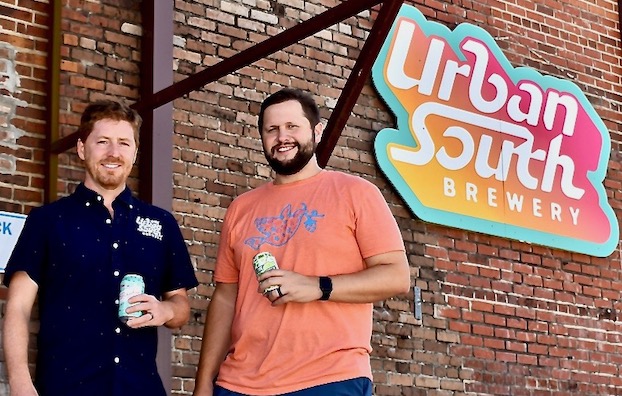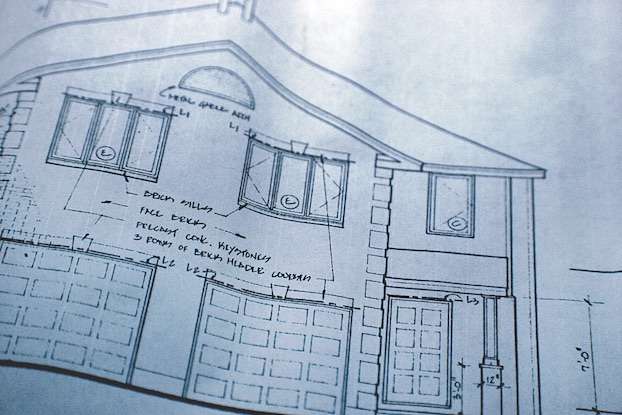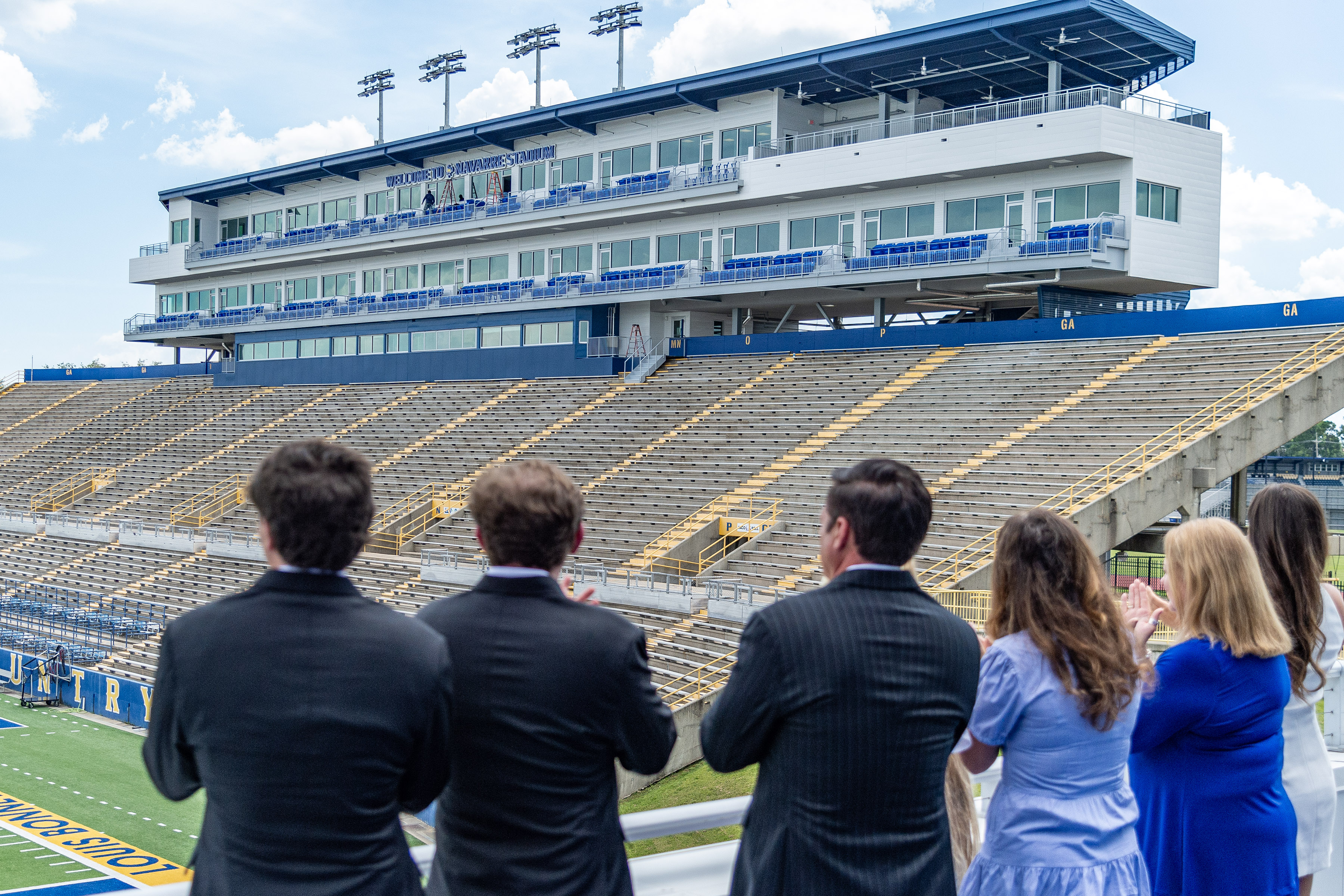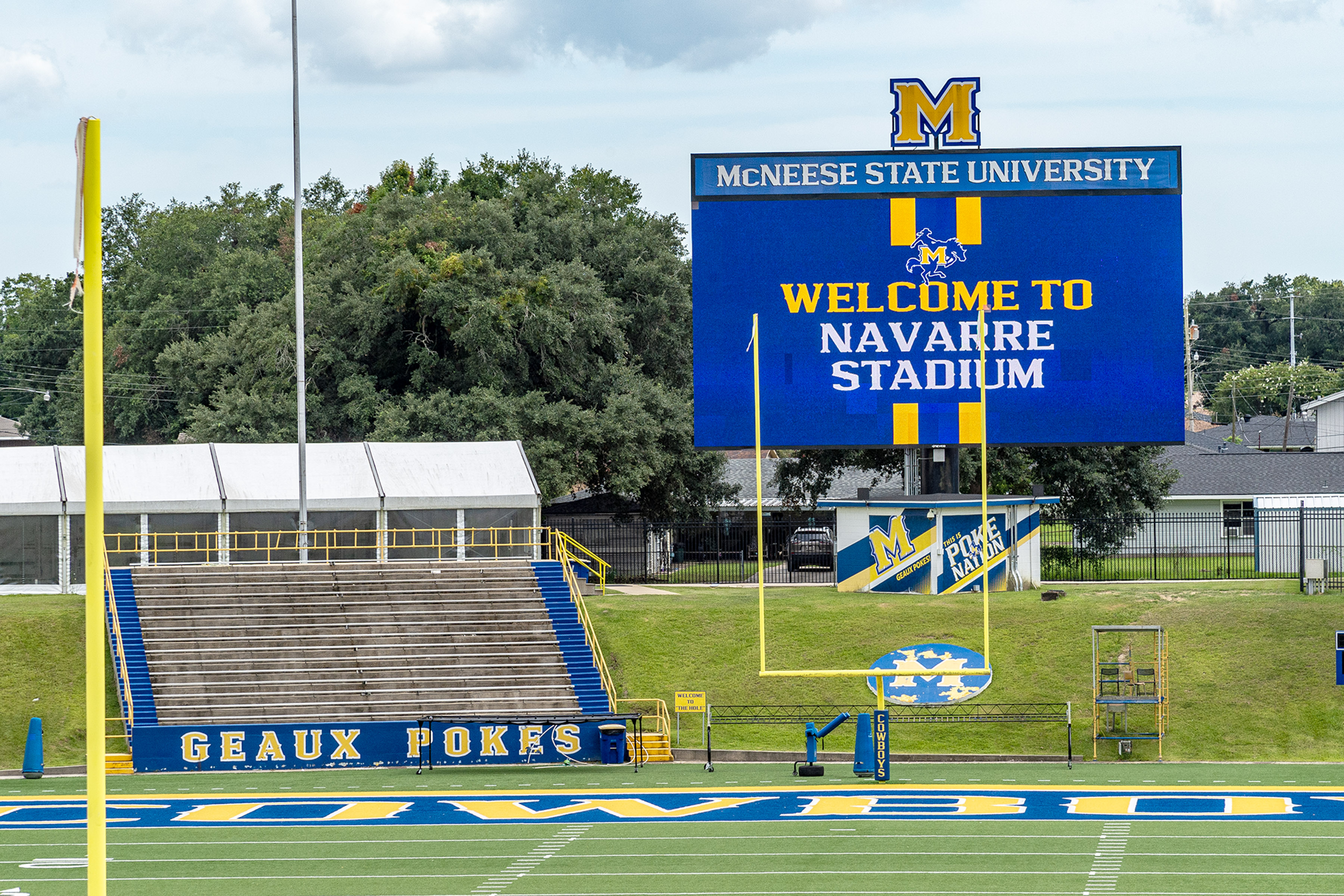Risks, environmental impact of carbon capture, storage projects under review
Published 2:54 pm Tuesday, August 6, 2024

- Allen Parish Police Jury
The Allen Parish Police Jury has formed a CO2 committee to consider the potential risks and environmental impacts of carbon capture and storage projects in the area.
As part of the committee’s goals, the police jury has hired Gulf Engineers and Consultants (GEC) of Baton Rouge and McNeese State University to perform studies of the risks and benefits of the proposed projects.
“One of the goals set by the committee was to document risks and benefits of CO2 projects in Allen Parish with the goal of educating the police jury and informing the public of said risks and benefits,” Parish Engineer Jacob Dillehay said.
Trending
As part of the study, GEC will evaluate all potential risks associated with potential CO2 sequestration projects, specifically located in the parish. Heavy focus will be on public safety and potential for subsurface drinking water contamination.
McNeese will be tasked with collecting all necessary data from relevant parties, including potential capital investment, anticipated costs, number of workers and wages. They will also determine temporary and permanent jobs and impacts associated with those jobs and determine the overall impact – direct, indirect or induced -, as well as the total economic impact on CO2 sequestration projects in the parish over time.
Both GEC and McNeese will report their findings to the police jury and present them during an open public meeting.
“We wanted to have our own independent study done to get as much information about new technology to our people,” Police Juror Roland Hollins said. “I know some information is private, but if we are going to assume a risk, we need to understand it.”
Currently only one application has been filed with the state to locate a carbon capture project in Allen Parish to remove carbon dioxide and store it underground. The Magnolia project, which submitted its application in 2022, has undergone a technical review but no public hearing has been set.
Police jurors in Allen, Jeff Davis, Beauregard and Vernon parishes have asked the state to not grant any more Class IV permits until officials can examine the long-term risk to the Chicot Aquifer, a major source of groundwater in the region.
Trending
During a meeting Monday, Patrick Courreges, communications director with the Louisiana Department of Energy and Natural Resources, outlined state regulations for approving Class VI carbon storage sites and injection well permits.
Courreges said safeguards are in place for the permitting process to protect communities, including how the well sites are built, what the well sites are made of and if it is plugged properly.
“Basically we are counting on good engineering and good confinement zones,” Courreges said. “These are our first line of defense.”
Regular monitoring of wells to check for leaks and assess pressure will also be required for both active and orphaned wells.





